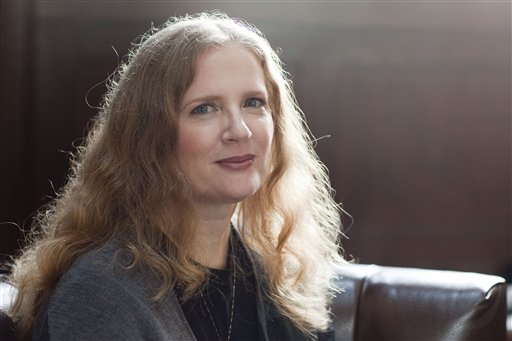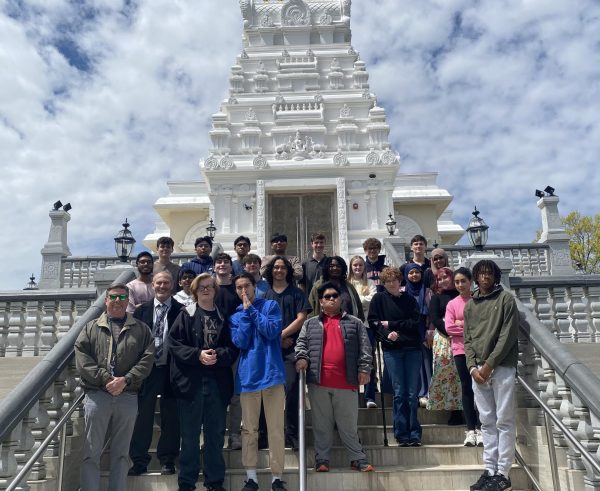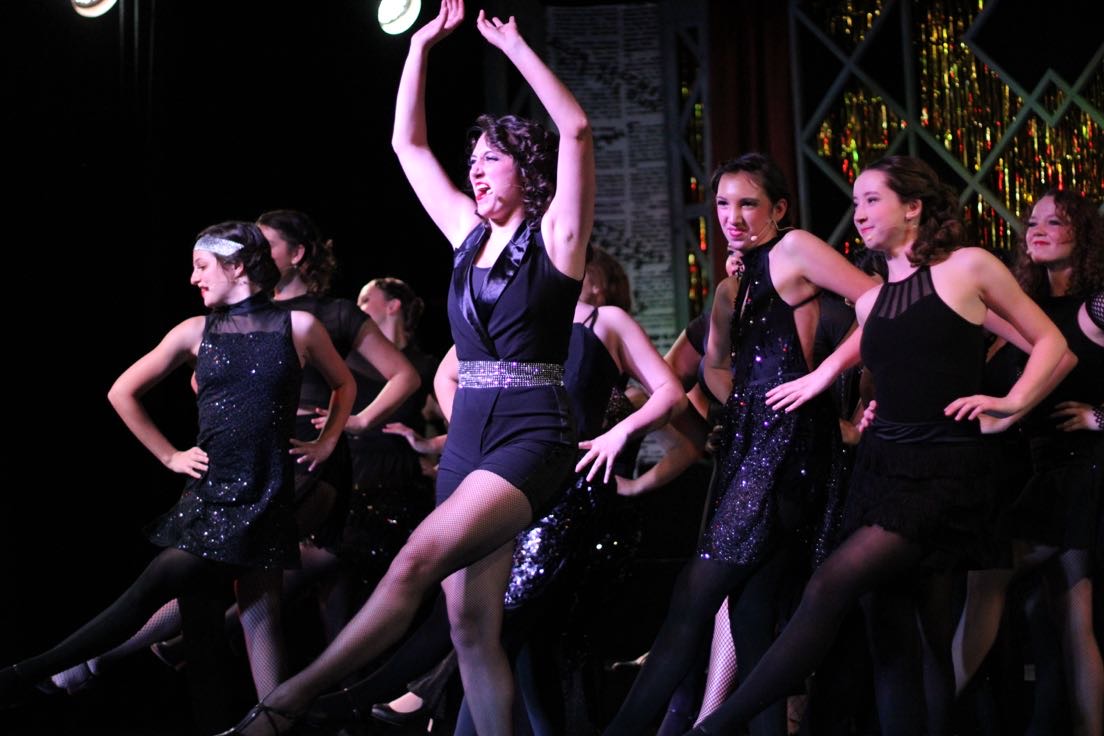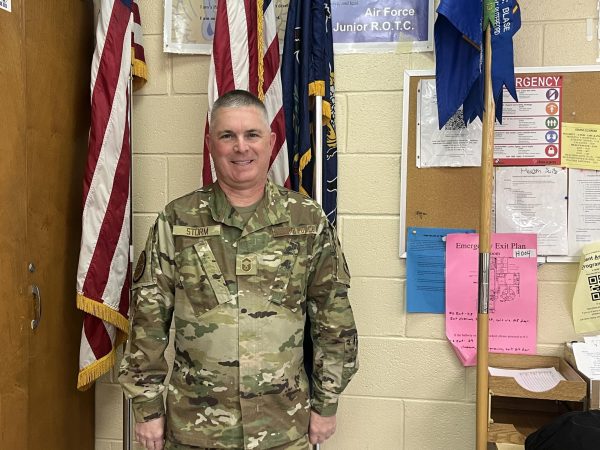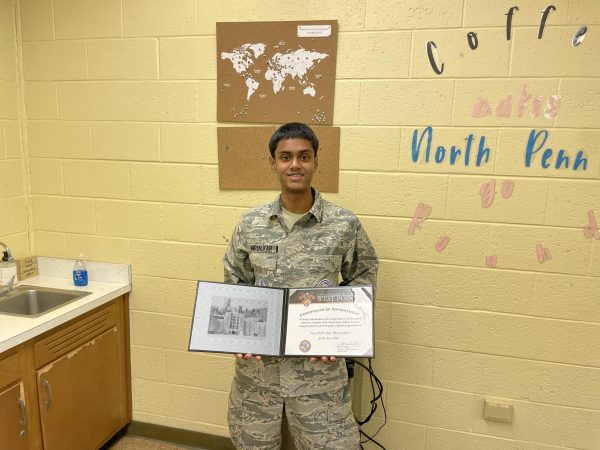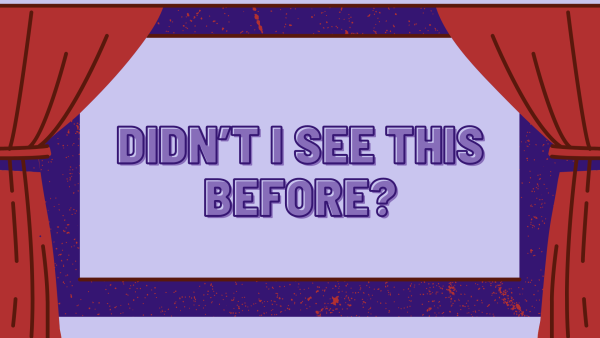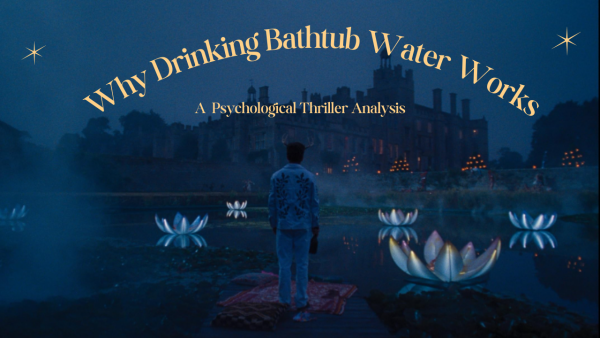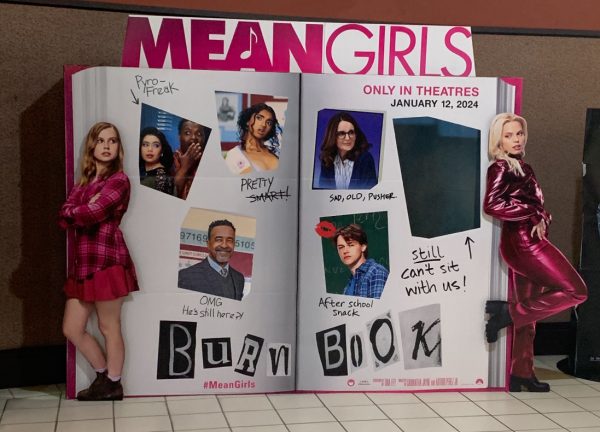Suzanne Collins: the woman behind the Hunger Games trilogy
November 12, 2014
Mockingjay Part 1 is just a week away from its release in theaters. Catching Fire, released last year, has left fans on the edge of their seats to see what Katniss Everdeen will do next. Although Francis Lawrence will be getting kudos’s for directing Mockingjay: Part 1, we shouldn’t forget the author of the Hunger Games that started it all. She is none other than Suzanne Collins.
Collins was born on August 10, 1962 in Hartford Connecticut. In 1985, she graduated from Indiana University majoring in telecommunications and theater. Afterwards, Collins graduated with a degree in dramatic writing from New York University. She is married to the actor Cap Pryor. She currently lives with her husband and her two children in Connecticut.
During her early career, Collins spent her time writing for children’s television programs. She wrote for programs such as Little Bear, Clarissa Explains it All, and Oswald. Collins earned a higher position in her career when she was hired as a head writer by James Proimos the creator of the children’s program Generation O. Proimos encouraged Collins to start writing books of her own. Collins went on to writing her first series, The Underland Chronicles. The series became New York Times Bestselling. In 2008, she released the first book from the Hunger Games trilogy, dedicating it to Proimos.
The setting of the Hunger Games is in the city’s capitol Panem, a nation which once was North America. One boy and girl from each of the twelve Districts are selected in a lottery to compete in a fight to the death on live television. The protagonist, Katniss Everdeen (played by Jennifer Lawrence) volunteers to take her little sister’s place and fight during the 74th annual Hunger Games.
In an interview with Bibliostar.TV Collins talks about the moment when she had the idea to write the Hunger Games.
“I was lying in bed late at night one night and I was channel surfing. I found myself going in between reality television programs and footage of the Iraq war. And these images short of began to meld together in my mind in a very unsettling way. And that’s when it sort of struck me, this idea for the games.”
In fact the Hunger Games as well as other books Collins has written involve factors that talk about war.
Collins father has influenced the way she thinks the next generation should be educated on war. Her father served as a US Air Force officer. As a kid, he was very open to her and her siblings about his career, often taking Collins and her siblings to see battlefields and war monuments.
According to biography.com Collins shared, “If we introduce kids to these ideas earlier, we could get a dialogue about war going earlier and possibly it would lead to more solutions. I just feel it isn’t discussed, not the way it should be. I think that’s because it’s uncomfortable for people. It’s not pleasant to talk about. I know from my experience that we are quite capable of understanding things and processing them at an early age.”
Another part of Collins inspiration for the Hunger Games’ storyline comes from her captivation of Greek Mythology. Many factors from the Hunger Games such as Katniss Everdeen, the tributes, the Districts, and the Capitol all relate to the myth.
During an interview with Scholastics Collins speaks about learning Greek Mythology during her childhood.
“A significant influence [for the Hunger Games] would have to be the Greek myth of Theseus and the Minotaur. The myth tells how in punishment for past deeds, Athens periodically had to send seven youths and seven maidens to Crete, where they were thrown in the labyrinth and devoured by the monstrous Minotaur. Even as a kid, I could appreciate how ruthless this was. Crete was sending a very clear message: “Mess with us and we’ll do something worse than kill you. We’ll kill your children.” And the thing is, it was allowed; the parents sat by powerless to stop it. Theseus, who was the son of the king, volunteered to go.”
Collins showed the world that it takes one idea to spark creativity and go far. So next week when you’re fangirling over seeing Mockingjay Part 1, don’t forget the brilliant mind that brought the brilliant stories for us.


